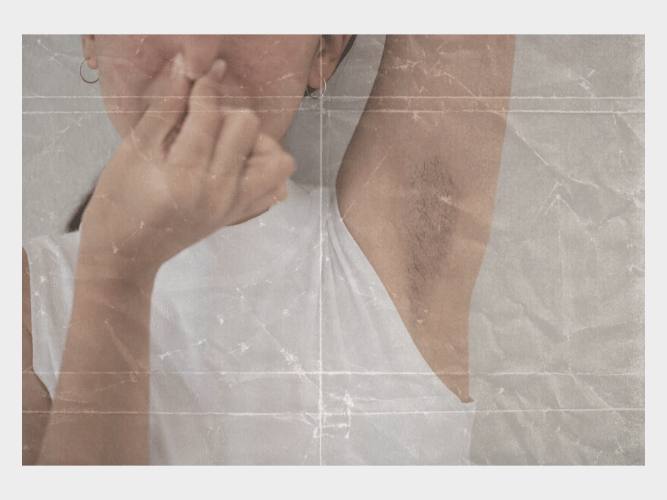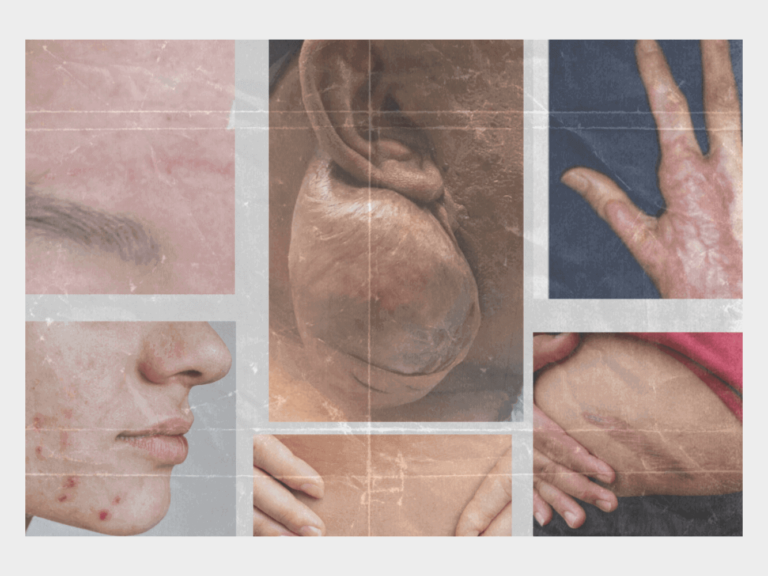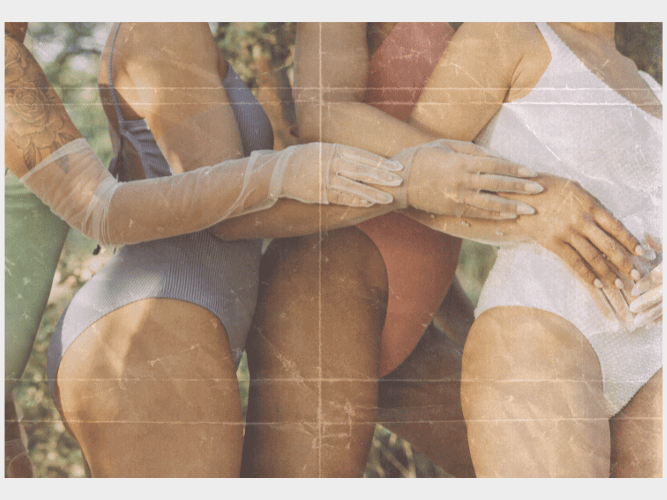Maintaining effective hygiene is crucial for overall health, and it’s also the key to glowing skin. From tackling unpleasant body odors to getting rid of stubborn acne, hygiene skin care tips can be a game-changer. In this guide, we’ll delve into the best hygiene practices that dermatologists swear by to quickly banish odor and acne. These tips are practical, effective, and will help you achieve clearer, fresher skin fast!
1. Treat Stinky Areas with Benzoyl Peroxide
If you’re dealing with odour from your armpits, feet (For more detailed guidance on feet care, check out this article “Transform Your Feet Overnight: 3-Step Foot Care Routine”. It offers practical steps to keep your feet odor-free and healthy.), or other stinky areas, it’s time to bring in benzoyl peroxide. This common ingredient is a powerful antibacterial agent that can help kill the bacteria causing those unpleasant smells.
- Why Benzoyl Peroxide? It has antibacterial properties that eliminate odor-causing bacteria, providing a fresher feel.
- How to Use: Apply a 5% benzoyl peroxide cleanser, like The Inkey List 5% Benzoyl Peroxide Cleanser, to the underarms, feet, and other odor-prone areas.
- Pro Tip: Leave it on the skin for at least a minute to ensure it gets enough contact time to effectively kill bacteria.

Shop this Recommended product on Amazon The Inkey List 5% Benzoyl Peroxide Cleanser
2. Hygiene Skin Care Tips To Addressing Under arm/Bum/ Bikini Line & Thighs Acne, Ingrown Hairs, and Blackheads
Acne, Ingrown Hairs, and Blackheads are common concerns in the Under arm/Bum/ Bikini Line & Thighs .To treat these effectively, incorporate antibacterial products like benzoyl peroxide or Hibiscrub into your routine.
Why Are Acne, Ingrown Hairs, and Blackheads So Common in the Underarms, Bum, Bikini Line, and Thighs?
When it comes to personal hygiene, certain areas like the underarms, bum, bikini line, and thighs often face more challenges than others. These regions tend to experience more issues like acne, ingrown hairs, and blackheads due to a variety of factors. Let’s break down why these problems are so common and how hygiene skin care tips can help:
1. Moisture and Sweat Buildup
- These areas naturally produce more sweat, especially in the underarms and bikini line. Moisture creates an environment where bacteria can thrive, leading to clogged pores, acne, and even infections.
- Sweat can trap oils and dead skin cells, resulting in blackheads and body acne.
- Proper hygiene skin care tips, such as using antibacterial washes, can reduce the risk of clogged pores, acne, and even infections.
2. Thicker Hair and Ingrown Hairs
- The hair in these areas tends to be thicker, making it more prone to becoming trapped under the skin.
- Shaving, waxing, or other hair removal methods can irritate hair follicles, which often leads to bumps and ingrown hairs.
- Proper hygiene skin care tips, such as using antibacterial washes, can reduce the risk of infection and help prevent ingrown hairs.
3. Friction and Tight Clothing
- Tight clothing, such as leggings or synthetic underwear, can cause constant rubbing against the skin.
- This friction can irritate the skin and hair follicles, leading to ingrown hairs, acne, and blackheads.
- Loose, breathable fabrics are better for these areas, as they allow for airflow and reduce irritation.
- Proper hygiene skin care tips, such as wearing breathable fabrics can reduce the risk to friction that irritate the skin and hair follicles, leading to ingrown hairs, acne, and blackheads.
4. Oil Glands and Clogged Pores
- The underarms, bum, bikini line, and thighs have a higher concentration of oil (sebaceous) glands, which can become overactive.
- Excess oil, combined with dead skin cells, can clog pores, making acne and blackheads more likely.
- Regular exfoliation and cleansing with antibacterial products are great hygiene skin care tips to minimize this problem.
5. Hormonal Changes
- Hormonal fluctuations during puberty, menstrual cycles, pregnancy, or stress can increase oil production in these areas.
- This can worsen acne, making the need for consistent skin care even more important.
6. Lack of Exfoliation
- Many people forget to exfoliate these areas regularly, causing a buildup of dead skin cells.
- Without proper exfoliation, dead cells accumulate and can block pores or trap hair, leading to bumps and blackheads.
- Incorporating gentle exfoliation into your routine is one of the top hygiene skin care tips for preventing these issues.
By understanding these factors and following effective hygiene skin care tips, you can reduce these concerns and achieve healthier, clearer skin. Consistent care, including antibacterial cleansers, regular exfoliation, and loose clothing, makes a significant difference in these sensitive areas.
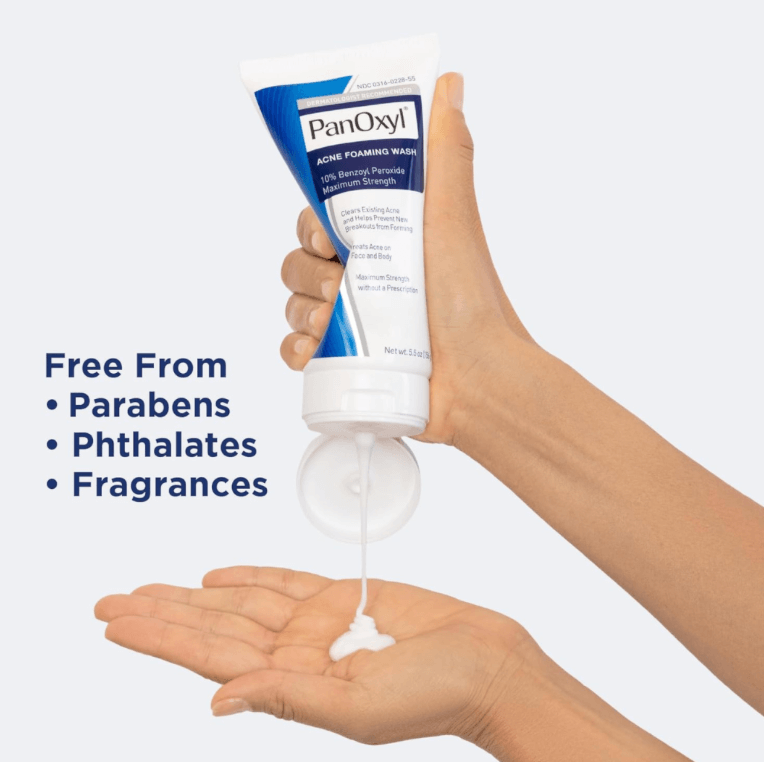
Shop Recommended Product: PanOxyl Acne Foaming Wash 10% Benzoyl Peroxide
Maximum strength formula contains 10% Benzoyl peroxide!
- How to Use: Gently scrub the affected area, allowing the product to sit for a minute to maximize its antibacterial effect.
- Frequency: Use this treatment 2-3 times a week for the best results.

Shop HiBiSCRUB ON AMAZON!
Looking for a specific solution to blackheads on inner thighs and the bikini line? Read this comprehensive article: “3 Effective Steps to Get Rid of Blackheads on Inner Thighs and Bikini Line“.
3. Give Products Adequate Contact Time
One of the most overlooked hygiene skin care tips is the importance of contact time. Whether you’re using benzoyl peroxide or Hibiscrub, it’s essential to leave the product on the skin for at least a minute. This allows the active ingredients to effectively break down bacteria and clear the pores.
- Why Contact Time Matters: Products like benzoyl peroxide need enough time to penetrate the skin and eliminate bacteria effectively.
- How to Ensure Proper Contact: Set a timer while using these treatments to avoid rinsing too early.
- Results: By allowing products to sit for the recommended time, you’ll likely notice faster and more visible improvements in body odor and acne.
4. Replace Your Loofah Regularly
Loofahs are a popular bathing accessory, but they can harbor germs if not replaced regularly. To avoid bacterial buildup and skin irritation, it’s recommended to swap out your loofah frequently.
- Loofah Care Tips: Replace your loofah every 3-4 weeks to maintain hygiene.
- Alternative Options: Consider using a silicone scrubber, which is more resistant to bacteria.
- Why It’s Important: Regular loofah replacement helps prevent skin infections and improves overall hygiene.
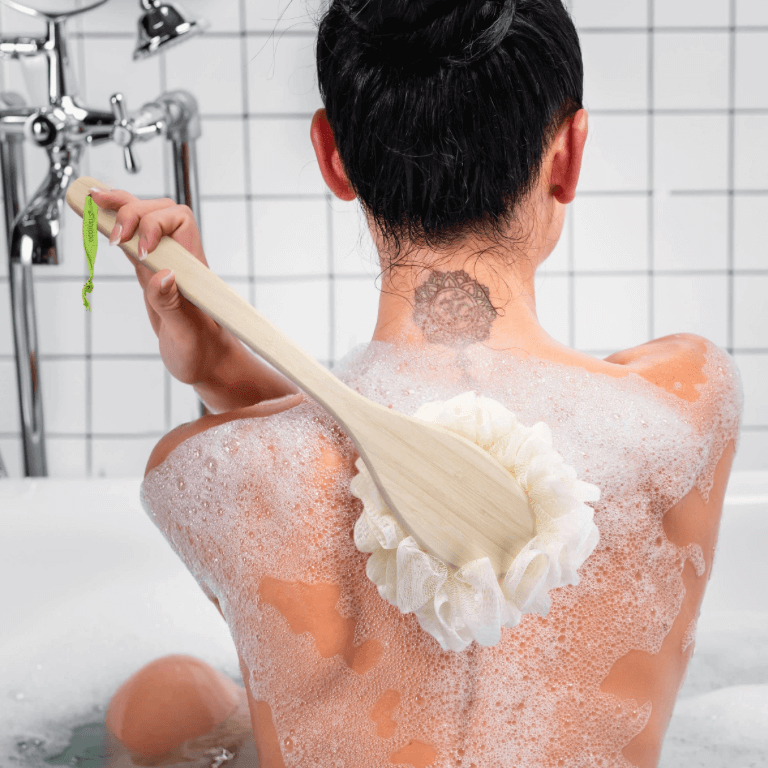
Replace your LOOFAH Now !
5. Exfoliate Regularly to Prevent Clogged Pores
Exfoliation is a crucial step in any hygiene skin care tips regimen. It helps remove dead skin cells, reducing the chances of clogged pores, odor, and acne.

- Frequency: Exfoliate 2-3 times a week, using a gentle scrub or chemical exfoliant with salicylic acid such as NATURIUM CLEANSER.
- Focus Areas: Pay extra attention to the underarms, feet, and thighs for better results.
6. Keep Skin Dry & Moisturized
Keeping your skin dry and moisturized may seem contradictory, but it’s essential. Bacteria thrive in moist environments, so keeping the skin dry helps minimize bacterial growth. However, moisturizing is also crucial to maintaining healthy, balanced skin.
- How to Stay Dry: Use drying spray on areas prone to sweating.
- Moisturiser Tips: Opt for oil-free moisturisers OR LIGHT WEIGHT MOISTURIZERS to keep the skin hydrated without clogging the pores.
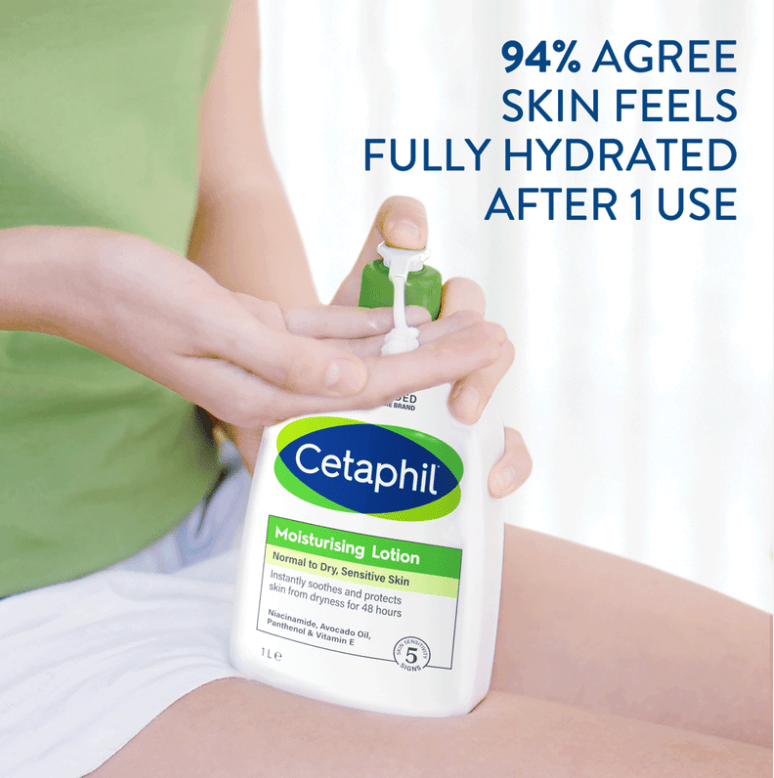
Shop recommended product : Cetaphil Moisturizing Lotion
Benefits: This non-greasy, lightweight lotion provides long-lasting hydration without clogging pores.
Conclusion
By following these hygiene skin care tips, you can effectively banish body odor and acne quickly. Consistent use of antibacterial products, proper exfoliation, and timely replacement of hygiene tools like loofahs can significantly improve your skin’s health and appearance. Make these tips a part of your daily skincare routine, and enjoy fresh, clear skin.
For more targeted advice on tackling blackheads, consider reading this article: “3 Effective Steps to Get Rid of Blackheads on Inner Thighs and Bikini Line“.
FAQs
1. Can benzoyl peroxide be used daily?
Yes, but it’s best to start slowly and increase usage as your skin adapts. Initially, use it 2-3 times a week to prevent irritation.
2. Is Hibiscrub safe for sensitive skin?
Hibiscrub is generally safe for most skin types, but those with sensitive skin should do a patch test first to ensure no adverse reactions.
3. How often should I replace my loofah?
Replace your loofah every 3-4 weeks to prevent bacteria buildup and maintain good hygiene.
4. What’s the best way to reduce foot odor?
Using benzoyl peroxide on your feet can help reduce odor. For a full routine, check out the article “Transform Your Feet Overnight: 3-Step Foot Care Routine”.
5. What’s the best product for bum acne?
For bum acne, ingrown hairs, and blackheads, PanOxyl Acne Foaming Wash 10% Benzoyl Peroxide or Hibiscrub 4% w/v Cutaneous Solution are highly effective.
6. Can benzoyl peroxide be used for underarm whitening?
Benzoyl peroxide can help clear bacteria, which may indirectly improve underarm appearance. However, for whitening, consider using products with ingredients like niacinamide or alpha arbutin.
7. How often should I exfoliate the bikini line?
Exfoliating the bikini line 2-3 times a week is recommended to prevent ingrown hairs and blackheads while maintaining smooth skin.
8. Can I use benzoyl peroxide on the inner thighs?
Yes, benzoyl peroxide can be used on the inner thighs to treat acne and reduce bacteria. Be cautious of irritation and always do a patch test first.Learn about Skincare ingredients HERE!
9. What is the best time to apply benzoyl peroxide?
The best time to apply benzoyl peroxide is during your evening skincare routine, as it allows the product to work overnight while minimizing sun exposure.
